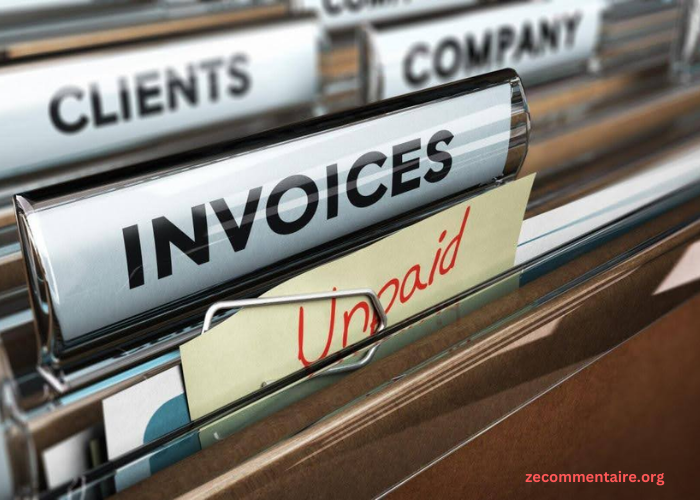Cashflow is always the lifeblood of a business, no matter which arena it might be in. That’s why unpaid invoices can pose significant challenges for businesses of all sizes, affecting business cash flow, profitability, and overall financial stability.
Whether due to late payments, disputes, or non-payment by clients or customers, outstanding invoices can disrupt business operations and hinder growth. To safeguard your business against the risks associated with unpaid invoices, it’s essential to implement proactive strategies and effective debt management practices.
In this article, we’ll explore actionable steps to protect your business from old debts and minimize the impact on your bottom line.
1. Establish Clear Payment Terms
One of the most effective ways to prevent outstanding invoices is to establish clear and transparent payment terms from the outset of the business relationship. Clearly outline payment terms, including due dates, payment methods, and any penalties or late fees for overdue payments, in your contracts or agreements with clients or customers.
2. Conduct Credit Checks
Before extending credit to clients or customers, conduct thorough credit checks to assess their financial stability and creditworthiness. Obtain relevant information such as credit reports, payment histories, and references to evaluate their ability to pay invoices on time.
3. Implement Robust Invoicing Procedures
Implement robust invoicing procedures to ensure accurate and timely billing for goods or services rendered. Use professional invoicing software or templates to generate invoices promptly and accurately, including detailed descriptions of products or services, quantities, prices, and payment terms.
Send invoices promptly after completing work or delivering goods to minimize payment delays and improve cash flow.
4. Follow Up Promptly on Overdue Invoices
Monitor payment deadlines closely and follow up promptly on outstanding invoices to encourage timely payment. Send polite but firm reminders to clients or customers as soon as invoices become overdue, reminding them of their payment obligations and any applicable late fees or penalties.
5. Offer Flexible Payment Options
Offering flexible payment options can help facilitate timely payments and accommodate clients’ or customers’ financial circumstances. Consider accepting multiple payment methods, such as credit cards, electronic funds transfers (EFTs), and online payment platforms, to provide convenience and flexibility.
Additionally, consider offering installment plans or payment schedules for large invoices to ease the burden on clients or customers and encourage prompt payment.
6. Seek Legal Advice When Necessary
If efforts to collect unpaid invoices are unsuccessful, consider seeking legal advice to explore your options for recovery.
A qualified attorney can provide guidance on debt collection laws and procedures, negotiate settlements with debtors, and represent your interests in court if litigation becomes necessary. You can also get account receivable insurance in Pennsylvania to ensure that you get paid no matter what happens with your customers or the economy.
Avoid Unpaid Invoices by Being Proactive
Don’t wait until you have unpaid invoices to do something about them. Take steps proactively to prevent them from happening in the first place.
Also, check out related articles on our website about business liquidity and learn more about running a business. Knowledge is power, after all.





